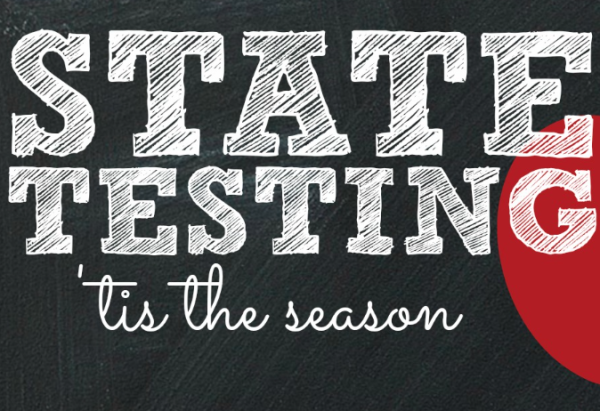A Guide in Managing Stress
As winter final exams approach, stress has made its unfortunate presence prevalent in our students. Juggling schoolwork, maintaining a healthy lifestyle, and finding time to have fun all together can be difficult, causing students to experience bouts of anxiety as they attempt to keep their lives balanced.
I completely understand how stressful this time of the year is and want to share some tips I have accumulated over the years on how to best manage stress in order to relieve some pressure weighing down students right now.
 One tip I find important for students to consider is to create separate schedules for your school life and your personal life. Rather than dumping all the deadlines and events onto a single calendar or planner, it might be helpful for students to make different schedules, carefully listing out everything they have to do, in order to ease the panic of seeing a busy and overfilled schedule.
One tip I find important for students to consider is to create separate schedules for your school life and your personal life. Rather than dumping all the deadlines and events onto a single calendar or planner, it might be helpful for students to make different schedules, carefully listing out everything they have to do, in order to ease the panic of seeing a busy and overfilled schedule.
Another tip that helps me is to develop a routine. Create a list of tasks you will follow every day after school and make sure to stick with it. For example, once I arrive home, I shower and take a brain break. After this, I start on my homework and work on each class in a chronological order (online school, second period, third period, etc.). By the time my homework is finished, I head down to dinner and then go to the gym. The rest of the night is reserved for relaxation time before I head to bed. While this routine may seem rather simplistic and insignificant in stress management, it is actually helpful in keeping my mind clear and organized.
One final tip I would like to provide is to create a reward system. A reward system will help boost your motivation when there is still schoolwork left to finish. Now, not everyone is motivated in the same way, so it is necessary to figure out a reward system that works with you. One example of a reward system students can use is to schedule a reward after an assignment or study session is finished. In this situation, rewards can include having a bowl of ice cream or taking a ten-minute break. Another reward system students can use is to arrange a day out with friends or plan an activity during the weekend if they complete all their work on time before then.
These tips might not work with every student, but I still find it important to consider them and test how you can incorporate them into your everyday life. I wish all students luck for the future!














